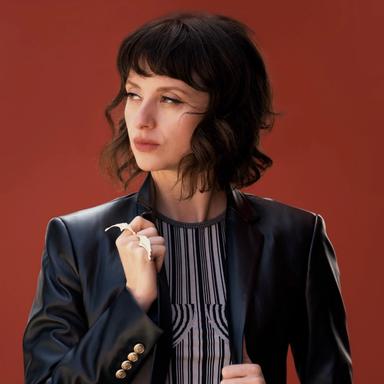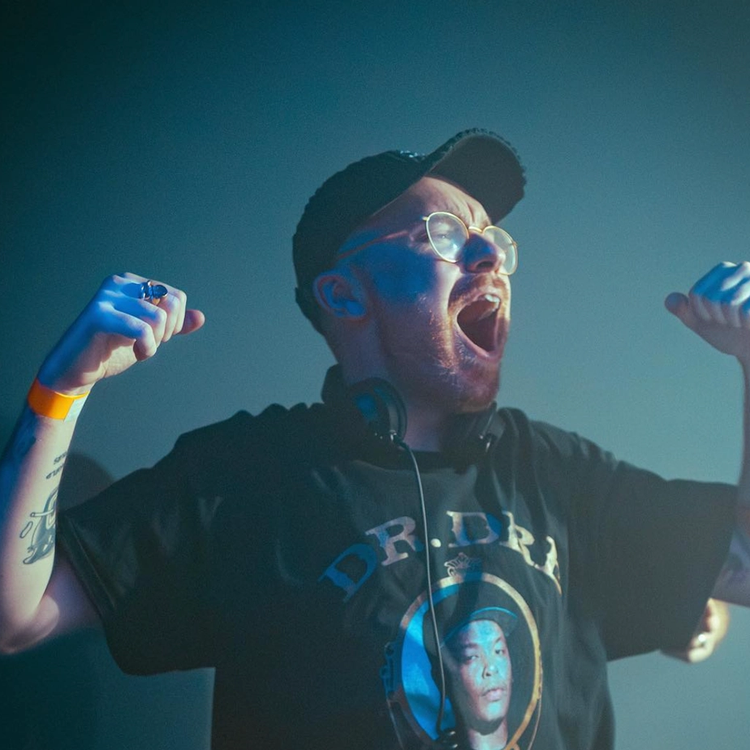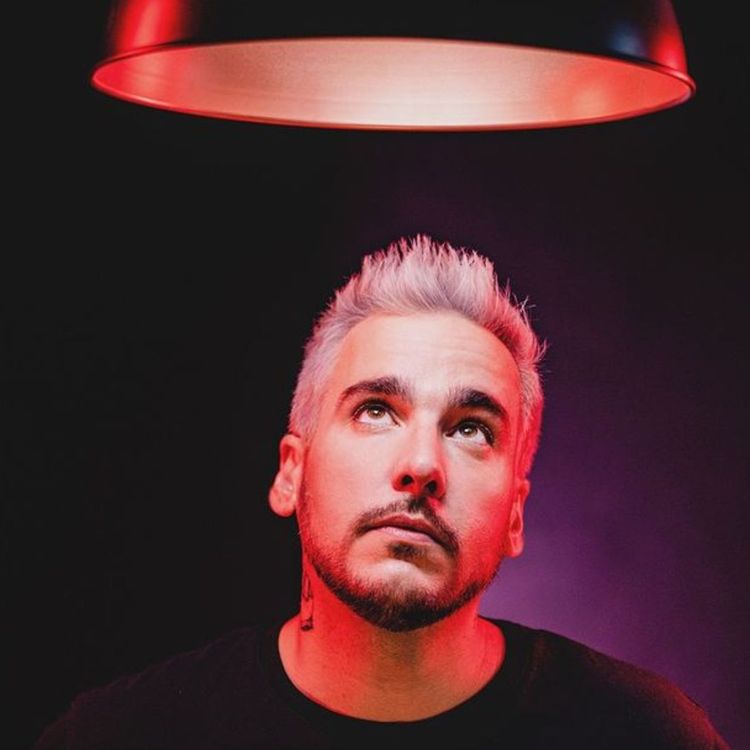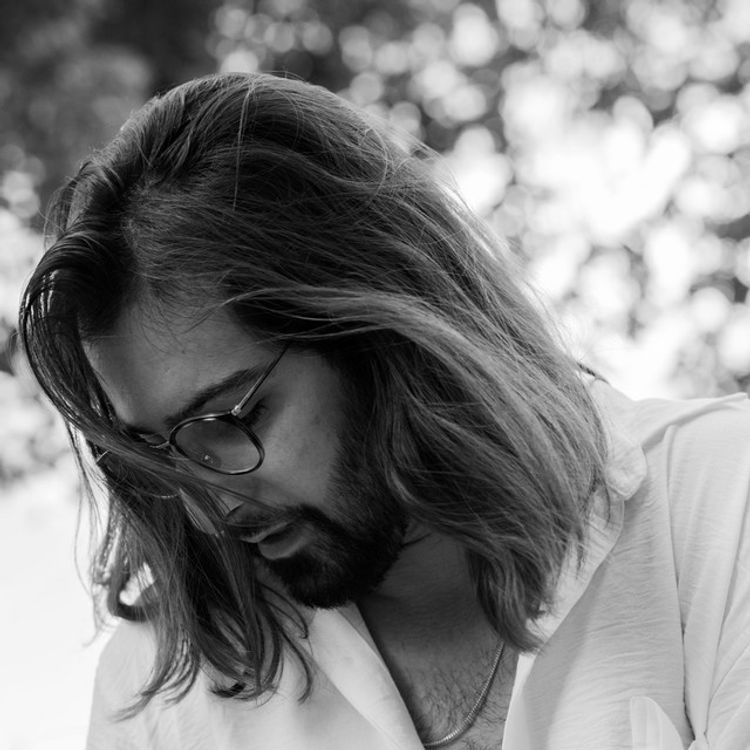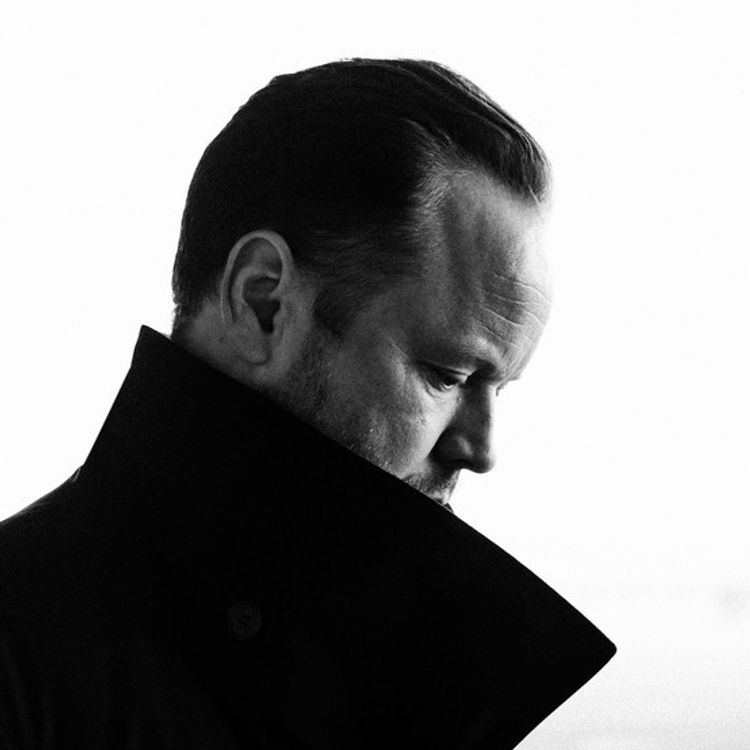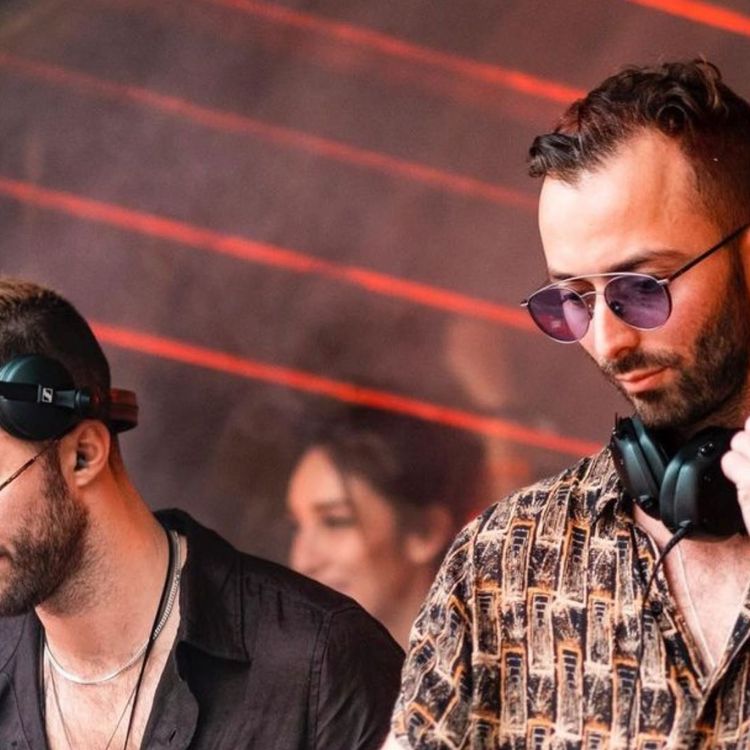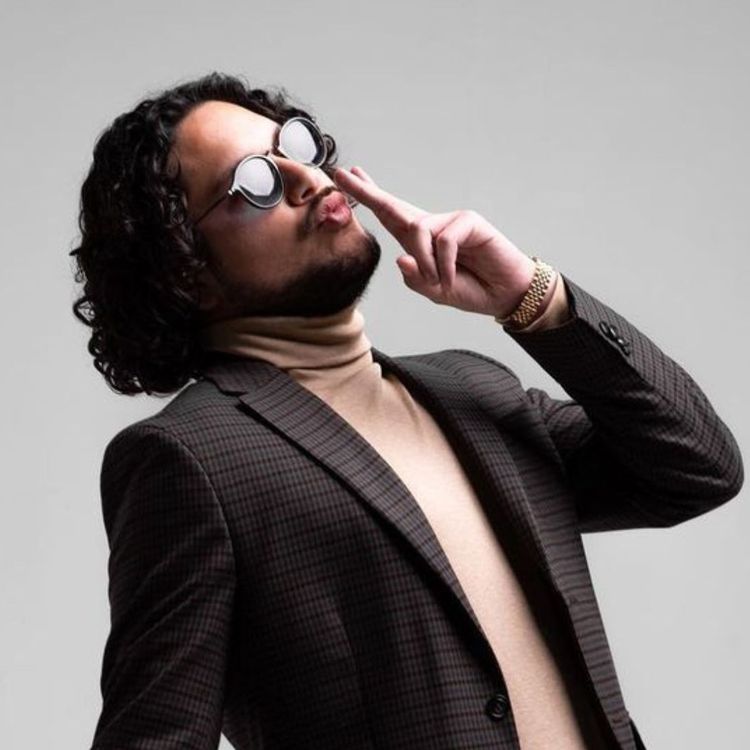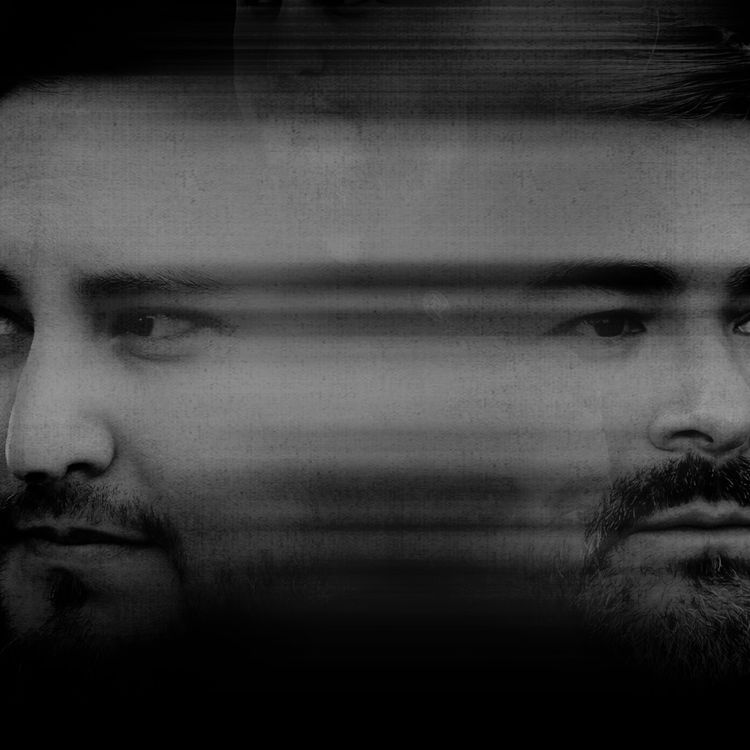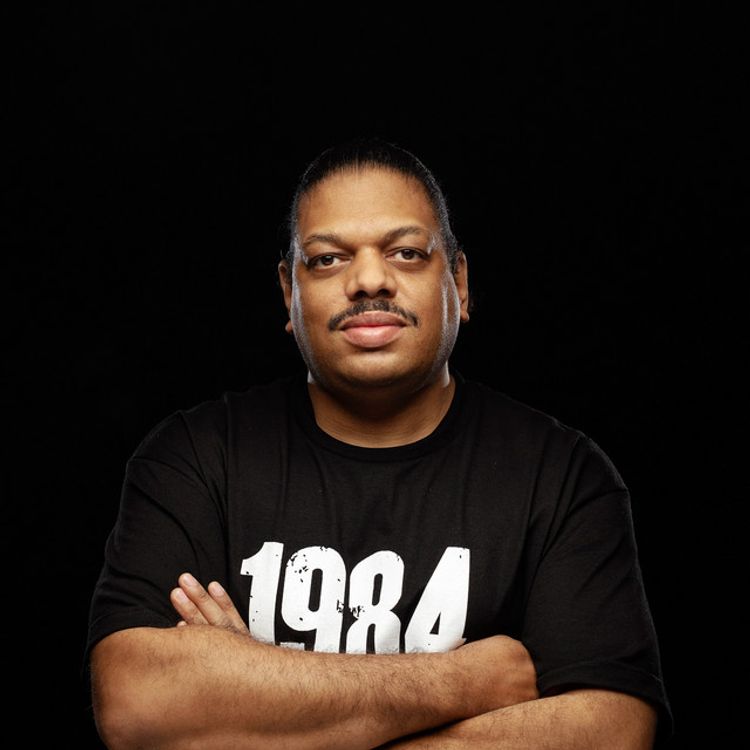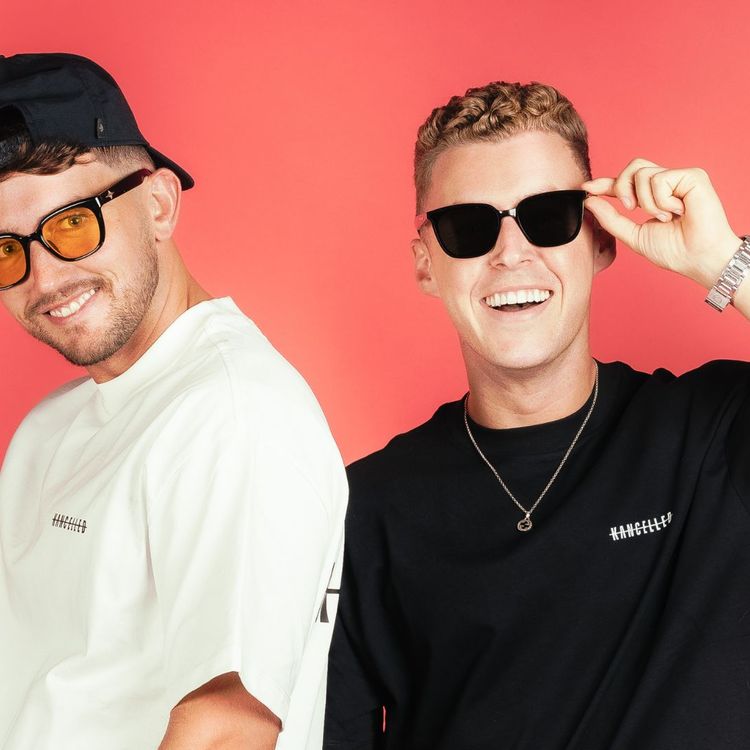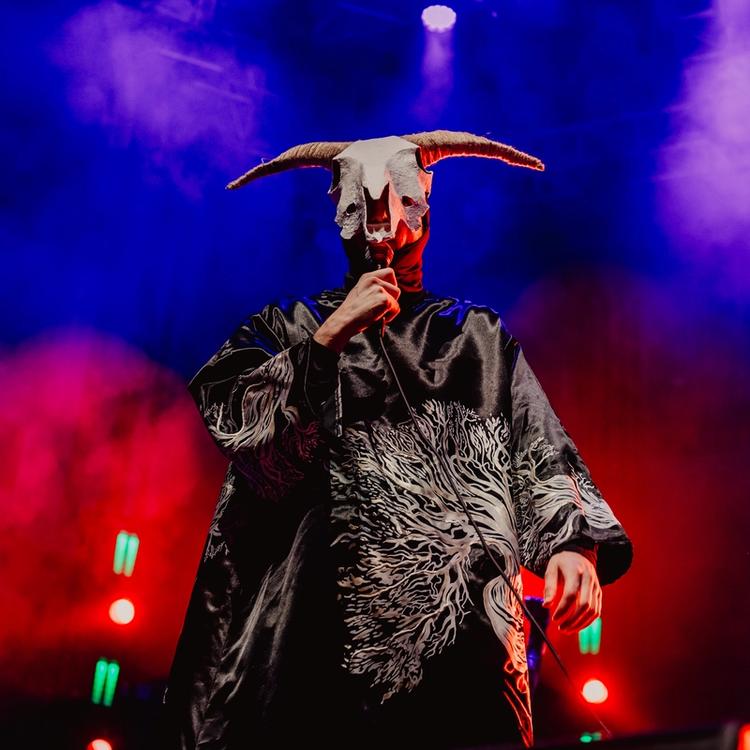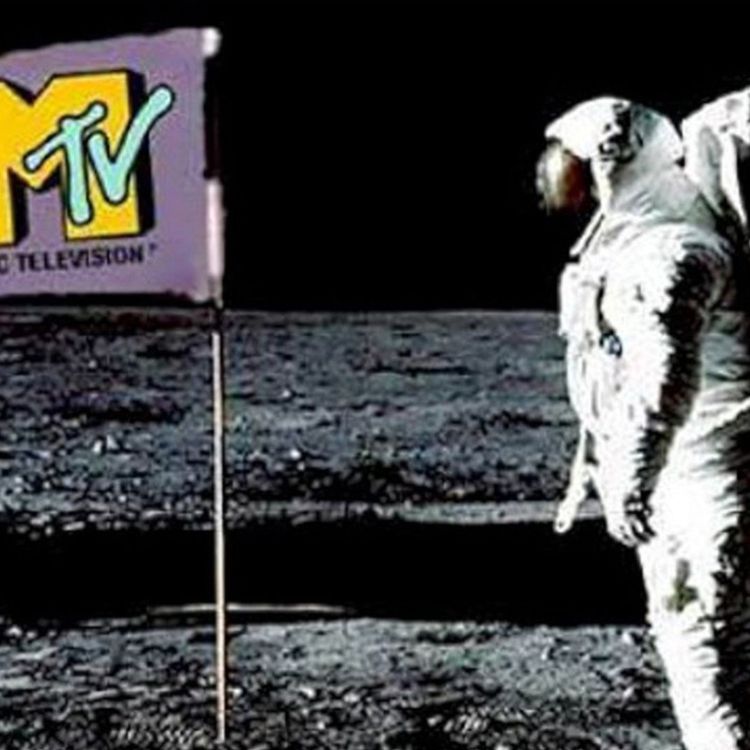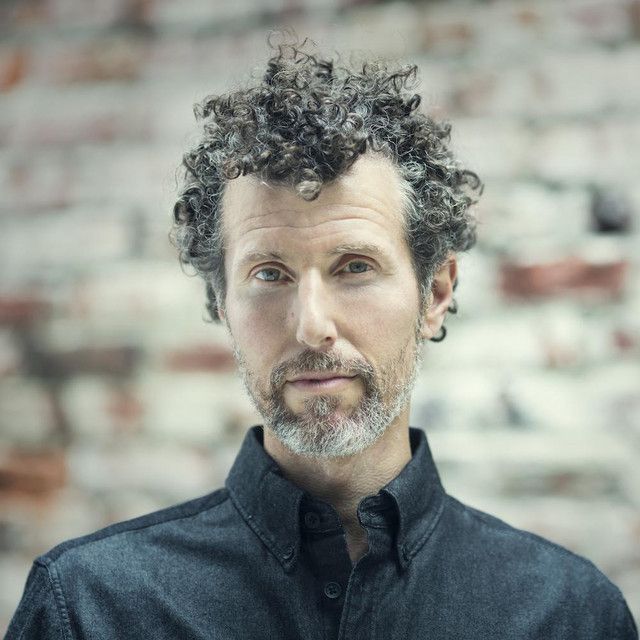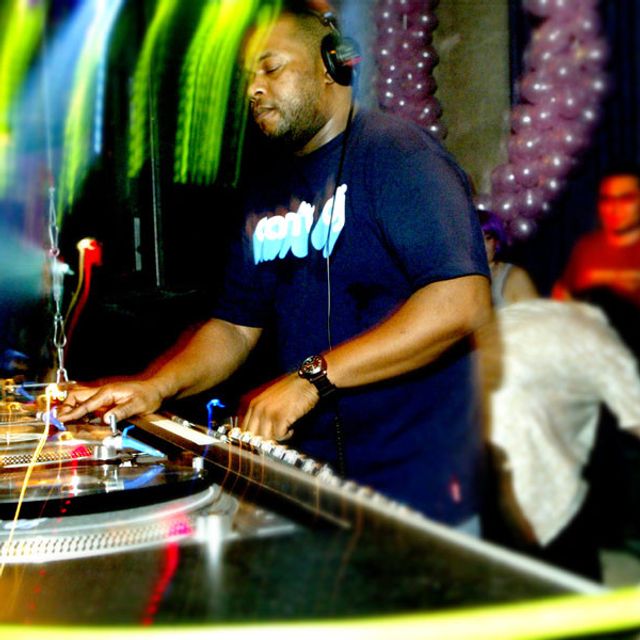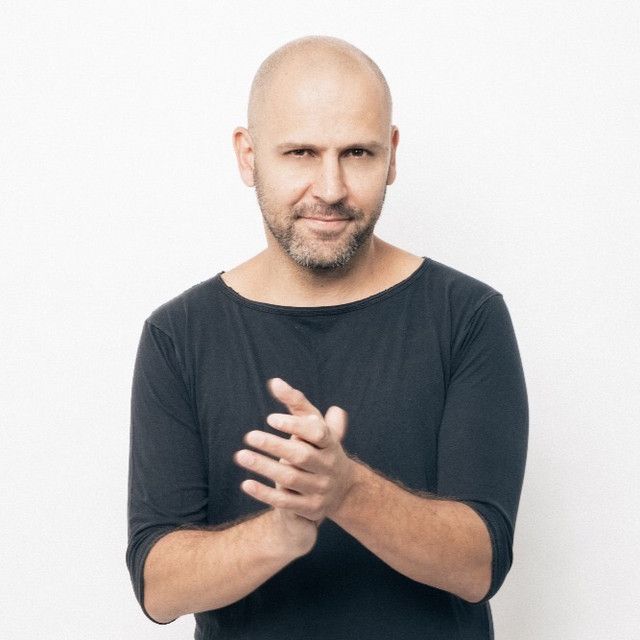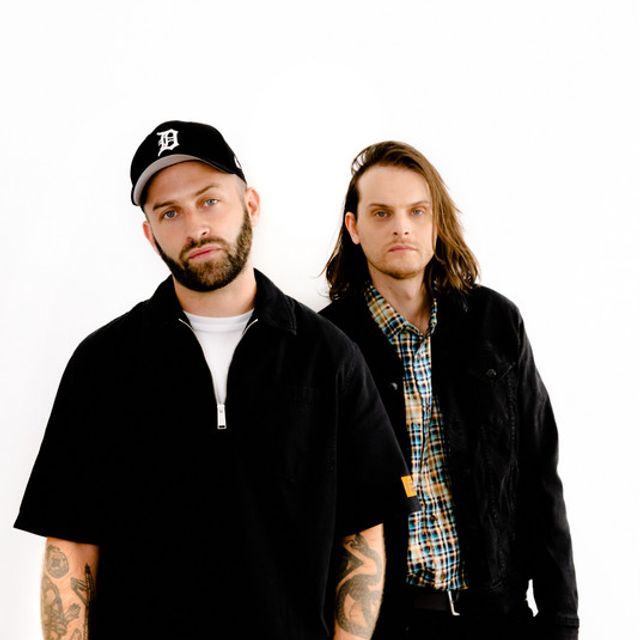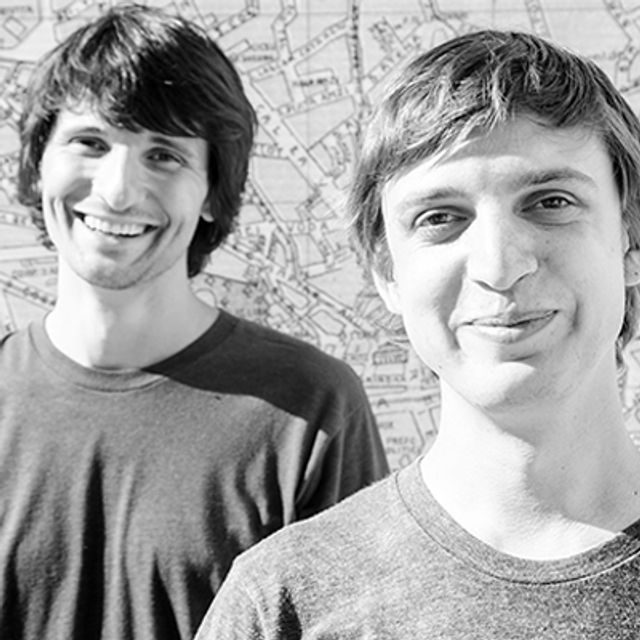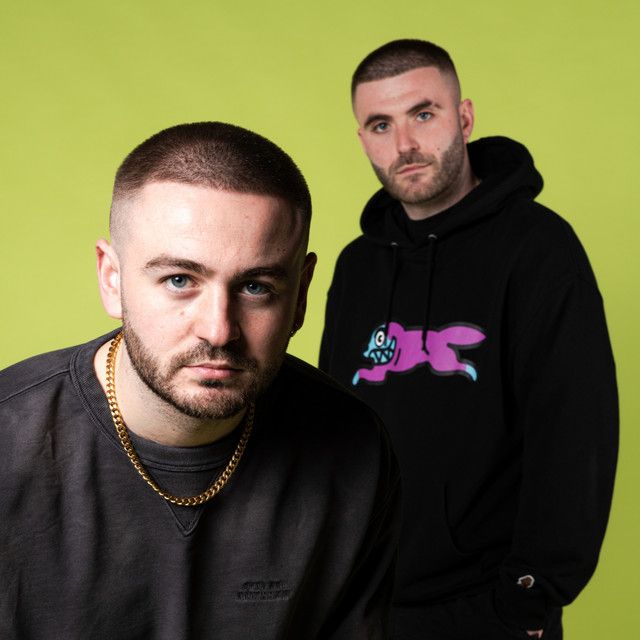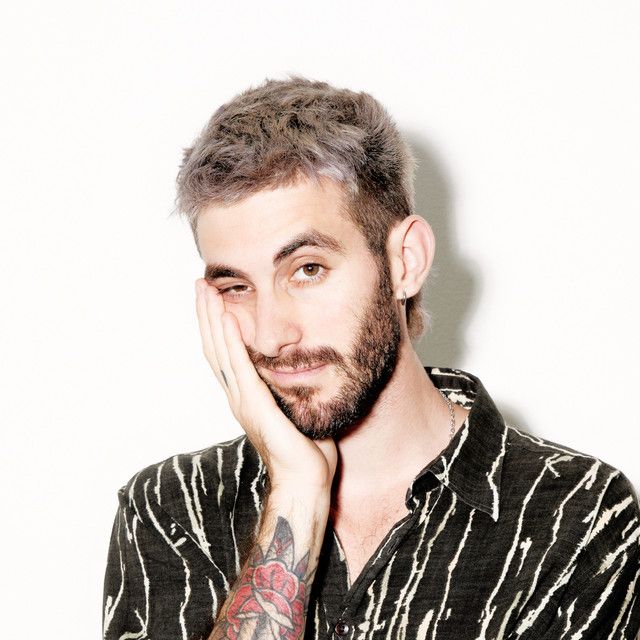Artist Spotlight
Luzi Tudor’s entré to the world of melodic techno can only be described as remarkable. Her recent release, “Warrior” is a slithering five-minute journey punctuated by stuttering strings, glowing synths, and thoughtful composition that firmly establishes her dynamic storytelling prowess. It’s only her second official release and it’s signed to Lane 8’s incredible This Never Happened imprint. A cosign this large, this early in a career is rare. It makes perfect sense. The ethos of TNH and Luzi's life mission synchronize harmoniously “to create experiences that connect(s) humans and humanity in an impactful way.”
"Music, right, it's frequencies running through your body. And there's even science now that tells us that those things have an impact on your state of mind,” she explains.
Gifting peak dancefloor experiences are her way of reciprocating the love and understanding she felt when she first discovered warehouse parties in Seattle as a teenager.
“I think music has the ability to do that,” she continues. “Being able to reach an audience in a closed room for that moment where we're all having the shared experience. It's either going to enhance the relationships and the friendships or the romantic encounters that people are having in that space. Or it's going to give them a way to escape from whatever struggles they're having. And I think knowing that that's the type of thing that I can create, co-create really, with the audience falls right in line with my life's mission.”
She’s deeply connected to those who seek to escape. “Music throughout my whole life has been a solace from all of life's challenges.”
She was born in communist Romania. At the time, it was nearly impossible to get creative content. She fondly remembers huddling around a TV with her neighbors and family to watch movies from America.
“I remember whenever the Lions Gate thing came on everyone would get excited! Like, ‘Oh my gosh, this is a movie from America! And it’s going to be super special.' And it was like that with music too.”
She also remembers Michael Jackson's, "Thriller" on repeat. It was one of the only pieces of American media that made it through.
Her earliest musical memories are of her father. In college, he played the piano for a SNLesque sketch show. His political comedy was relegated to basements in communist Romania. He taught Luzi about the intersection of music and activism.
She escaped Romania with her family at five, after the revolution. Despite living through such a tumultuous time, her father knew things weren't getting any better, and he needed to get his family somewhere with a more certain future. By the time she landed in Seattle six years later lived in 17 cities and four countries.
“I was trying, like any young person does, to fit in,” she says about the constant movement. “I was trying to assimilate to certain cultures. And so, I would pick up what was the musical experience in those different areas.”
She’s part of a small community of people who grew up in more than one country during their developmental years, third culture kids. Her fascination with world music and cross-cultural competency overflow into her process for building DJ sets.
“I will actually sometimes go out and look up a country when I'm looking on a platform for music to see what is popping up in an obscure different country that typically, people might not give a voice to. And I'll download and explore that music because I want to bring all the different voices from the world together.”
She began to immerse herself in dance music culture at warehouse parties in long-forgotten venues of Seattle’s past. The pain of her past struggles melted away on the dance floor. So, she started to produce her own parties to spread that feeling. And while music was the central focus, it took some major life events to realize her creative potential.
“I always thought about how I would want to DJ and produce. And I had to get over some inner struggles in order to get to the point where I had to meet my authentic self and start producing and performing.”
Luzi just celebrated seven years in recovery from addiction and substance abuse disorder. She realized that her life needed to redirect. And she found the courage to dedicate herself to do what she loved in the process. Recovery was (and is) a source of strength and clarity. “What that really meant for me was meeting the darkest parts of myself. The parts of myself that I hadn't loved yet. I set everything else aside - expectations of myself, other people out of me and just hunker down and focus on getting into recovery, and rediscovering who I really am on the inside.”
It’s a journey that she’s open and honest about because she wants those who struggle to know that they come out on the other side and experience even deeper realms of creativity.
“That started building self-love and confidence. And it really uncovered the inner courage that I had to just do things because I love them without any expectation. And that's the thing, I started DJing and producing out of love for it. And because it felt therapeutic. And it's the only time in my life where the chatter in my head really quiets down and I'm just able to focus on this. And that's been an incredible experience … It started because I wanted to do something that I loved by myself in my apartment, and with a few close people in my life that that I asked to mentor me.”
She also learned to take things as they are, at the moment. She escaped many of the mental traps that new producers face as they try and find their sound and wonder how they’ll ever break through the noise.
“I think this goes back to my healing and recovery journey, which teaches you to do things despite fear and concern, and not future trip too much.”
It all leads back to her mission statement. An ethos that music can and should be transformative. And the values her father passed on to her that music can also be activism.
“What I'm seeing in society, and while it's changing through the work that's being done is that there's still this discrepancy between people understanding that mental health is physical health. They are actually synonymous, intertwined. There's treatments, I mean, from all facets of it, mental health and physical health are on the same plane. But there's been such a stigma around mental health. And so, I see the ability to be in dance music and talk about my experience that other people will relate. And just realize that, you know, it's something you can get easily support for, just like you would go to a doctor's appointment for a fractured leg. It's something that people should be comfortable doing and talking about. I believe music as a form of therapy in its own right. And I think being able to use my voice and my music to inspire people to get help and feel supported, and also see that people that have gone through this are doing things that they want to be doing to inspire them to pursue their dreams is part of why I'm so passionate about the work.”
